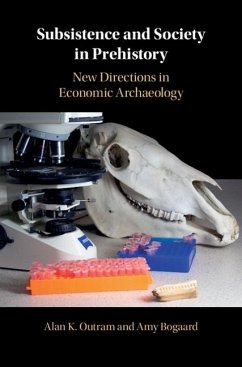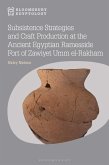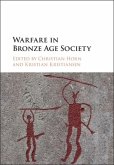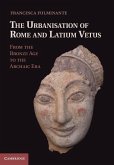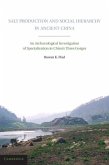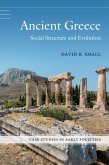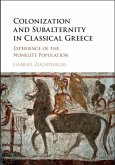Over the last thirty years, new scientific techniques have revolutionised our understanding of prehistoric economies. They enable a sound comprehension of human diet and subsistence in different environments, which is an essential framework for appreciating the rich tapestry of past human cultural variation. This volume first considers the origins of economic approaches in archaeology and the theoretical debates surrounding issues such as 'environmental determinism'. Using globally diverse examples, Alan K. Outram and Amy Bogaard critically investigate the best way to integrate newer lines of evidence such as ancient genetics, stable isotope analysis, organic residue chemistry and starch and phytolith studies with long-established forms of archaeobotanical and zooarchaeological data. Two case study chapters, on early Neolithic farming in Europe, and the origins of domestic horses and pastoralism in Central Asia, illustrate the benefit of a multi-proxy approach and how economic considerations feed into broader social and cultural questions.
Dieser Download kann aus rechtlichen Gründen nur mit Rechnungsadresse in A, B, BG, CY, CZ, D, DK, EW, E, FIN, F, GR, HR, H, IRL, I, LT, L, LR, M, NL, PL, P, R, S, SLO, SK ausgeliefert werden.

